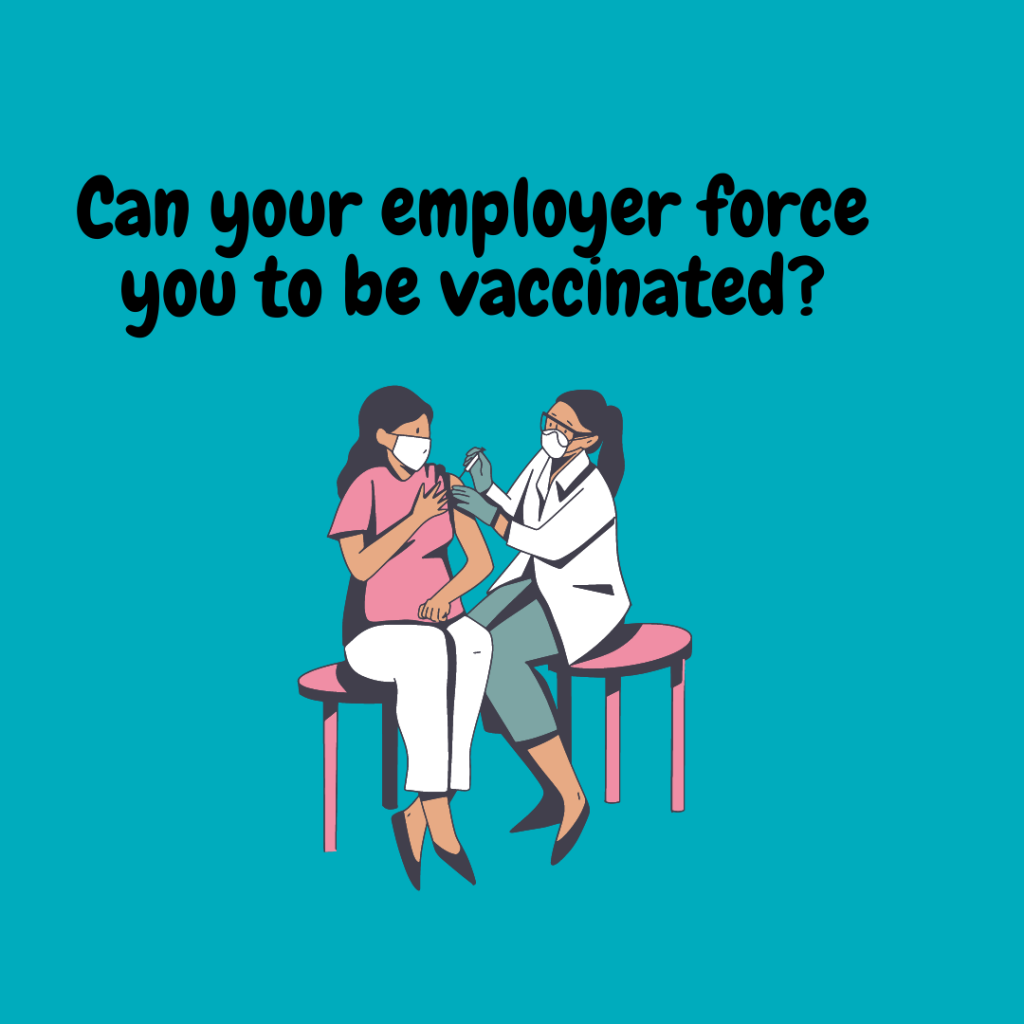
The amendments included in the Sex Discrimination and Fair Work (Respect at Work) Amendment Bill 2021 came into effect on 10 September 2021. The amendments incorporated a limited number of recommendations from the Respect@Work Report (2020).
Key changes
Key changes to the Sex Discrimination Act 1984 (Cth) (SD Act), and the Australian Human
Rights Commission Act 1986 (Cth) (AHRC Act) include:
- The scope of the SD Act has been expanded to include ‘discrimination involving harassment on the ground of sex’ (s 28AA SD Act).
- The coverage of the SD Act has been expanded to include most ‘workers’, in step with the definition in work health and safety legislation. It also covers people employed by the ‘State’ and ‘Commonwealth,’ including members of parliament and their staffers, as well as judicial officers (such as judges and magistrates).
- Where a complaint is made under the SD Act to the Australian Human Rights Commission the complainant will have 24 months (previously 6 months), to make a complaint.
Key changes to the Fair Work Act 2009 (Cth) (FW Act) include:
- The reiteration that sexual harassment is a valid reason for dismissal and that the definition of “serious misconduct” in the regulations includes sexual harassment.
- Where an employee suffers a miscarriage, the employee and their partner can utilise compassionate leave provided for in the FW Act.
- The FW Act will now allow a worker who has been sexually harassed at work to apply to the FWC for a “stop sexual harassment” order.
This article will focus on the new stop sexual harassment orders the Fair Work Commission
can make, outlining:
- Who can make a stop sexual harassment application?
- What is the difference between bullying and sexual harassment?
- What orders can the Fair Work Commission make?
- When can I make a stop sexual harassment application?
1. Who can make a stop sexual harassment application?
To make a stop sexual harassment application, you must still be working with the relevant employer or principal, and they must be a constitutionally covered business (this is typically a private company, or the federal government). Unlike an unfair dismissal or general protections claim, a person can make an application if they are an employee, a contractor/subcontractor, trainee/apprentice, or a volunteer. However, if you have been dismissed due to making sexual harassment complaints or allegations, or are forced to resign from your job, then you may consider making an unfair dismissal or a general protections claim.
2. What is the difference between bullying and sexual harassment?
Under the FW Act:
A worker is bullied at work if, while the worker is at work, an individual / individuals repeatedly behaves unreasonably towards the worker, or a group of workers of which the worker is a member, and that behaviour creates a risk to health and safety. Reasonable management action carried out in a reasonable manner is not considered bullying at work
(s 789FD(1)-(2) FW Act).
A worker is sexually harassed at work if, while the worker is at work, one or more individuals sexually harasses the worker (s 789FD(2A) FW Act).
Sexually harass – where the harasser makes an unwelcome sexual advance, or an unwelcome request for sexual favours, to the person harassed or engages in other unwelcome conduct of a sexual nature in relation to the person harassed, in circumstances in which a reasonable person, having regard to all the circumstances, would have anticipated the possibility that the person harassed would be offended, humiliated or
Interestingly unlike bullying at work, the definition of sexually harassed doesn’t include the requirement to create a risk to health and safety, nor does it need to be repeated behaviour.
3. What orders can the Fair Work Commission make?
The FWC must be satisfied that the worker has been sexually harassed at work by one or more individuals, and that there is a risk that the worker will continue to be sexually harassed at work by one or more individuals. The FWC can make orders to prevent the worker from being sexually harassed at work by the individual / individuals, for example, a change in work location (but cannot order financial settlements). You can apply and the FWC can make orders, in relation to both bullying and sexual harassment, if you meet the requirements of the FW Act.
4. When can I make a stop sexual harassment application?
From 11 November 2021, the FWC will begin accepting applications, however they are yet to provide the forms for review. It is important to note, that if the sexual harassment occurred before the amendments were enacted, the FWC can still make orders (subject to the application meeting the other requirements) (s 50 Bill).
What should I do if I am being sexually harassed at work?
Here are the steps we recommend if you are being sexually harassed at work:
- if you can, ask the person to stop
- keep a diary of any incident of sexual harassment including what happened, where it happened, who the perpetrator was, any witnesses to the incident, any documentary proof of the incident
- report the conduct to anyone you are comfortable reporting it to, ideally this would be Human Resources
- ask for the conduct to be investigated internally and ask for any corrective action you want, e.g. a change in reporting line, an apology or compensation
- if the internal investigation isn’t possible or doesn’t resolve the matter for you, consider commencing an external complaint to the Australian Human Rights
Commission, your state/ territory tribunal/ commission or the Fair Work Commission. Each different jurisdiction has different time frames for application and different orders that can be made. A lawyer can help you decide which jurisdiction is best for you - remember, you have a workplace right to make a complaint about sexual harassment and it is unlawful for your employer to victimise you because you made a complaint.
You can read more about your options in these related articles – note they were written before these most recent changes:
- What are my legal options if I am sexually harassed?
- How can I resolve a sexual harassment claim?
- Sexually harassed at work, what can I do?
Need help?
If you need help making a FWC stop bullying or stop sexual harassment order application, we can assist you with the process. It helps to have someone on your side during a difficult time!




